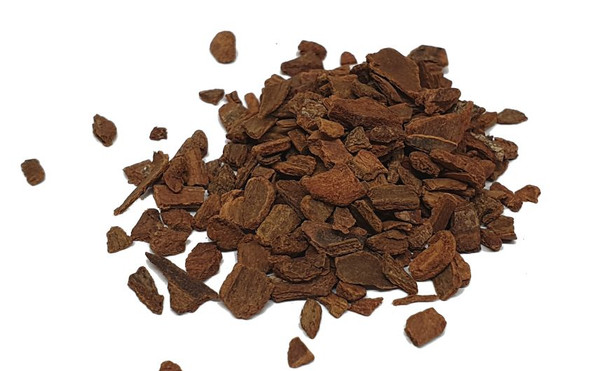Description

Malabathrum Leaves have a wonderful sweet cinnamon bay flavour
Originating somewhere in the Himalayan region, our Malabathrum Leaves are grown in North East India - Nagaland, the name here is Taj Patta or Indian Bay
Malabathrum leaves have been used and mention in the early civilisations from Egyptians to the Greeks and to the Romans, using the leaves for both flavouring of wine and sauces to herbal creams, a notable food from the Greeks and Romans was Oleum Malabathri fragrant infused oil
All good spices are steeped in history and we are privileged to bring some of that to your plates today with the wonderful aromatic Malabathrum Leaves
Grown in India
Packed in a Unit that handles Sesame Seeds, Mustard and Celery
Customer Reviews
-
Better than most others.
The SpicesOnTheWeb Malabathrum Leaves are better that the two or three other brands I've tried from Amazon. Having said that though... a few years ago, I did have a batch of leaves that I remember being much better. I believe they were from SpicesOnTheWeb but back when they were using a different (now retired) grower in India. It's highly likely that their superior taste is just my memory playing tricks on me though. In any event, these are better than the other currently available options I've tried. RE: Robert "Can any clarify the cinnamon connection?" RE: Tony "Not bay leaf en it?!?" "Let’s be authentic shall we. ?" A true bay leaf comes from a Bay tree. They have a stronger, more savoury flavour and are distinguished by having just a single midrib running down the centre of the leaf. They are also typically smaller and less pointed. Malabathrum leaves come from Cinnamon bushes. Specifically Cinnamomum tamala, or Cinnamomum malabatrum. They have a less savoury, sweeter, more cinnamony taste. They can be distinguished from true Bay leaves by the presence of three midribs. The leaves are often larger and more pointed than true Bay leaves. To confuse matters though, Malabathrum leaves are often referred to as "Indian Bay leaves" or even just "bay leaves", by Asian retailers and cooks alike. What's more, some retailers even sell true actual Bay leaves as "Indian Bay leaves". They're also called Tez patta, Taj Patta, and Tej Patta, which again are sometimes used interchangeably for true Bay leaves. The moral of the story is find a reliable supplier... well, you already have. The two "bay" leaves are interchangeable to a certain extent but they are not the same thing. My basic rule of thumb is if you want a stronger, more savoury flavour but you don't want a hint of cinnamon, use a real Bay leaf. For other cuisines where you want a little less savouriness but where a touch of cinnamon would be welcome (Indian, Mexican, Greek, Italian etc.), then Malabathrum leaves are a good bet. They're especially good when you temper them in oil / ghee, at the start of a curry, along with Cloves, Green Cardamom pods, and a Cinnamon stick.
-
Not bay leaf en it?!?
Let’s be authentic shall we. ?
-
Bay leaves
I looked for Bayleaves on the site. But the cinnamon Bay once’s seemed to dominate. I used them for Bolognese sauce and they worked well. Can any clarify the cinnamon connection?
-
MALABATHRUM (CINNAMON INDIAN BAY) LEAVES
Prompt service
-
Cinnamon Indian Bay.
First class, best I have bought.






